Engaging city’s faith communities
Mayoral candidates address their approach to series of issues
Advertisement
Read this article for free:
or
Already have an account? Log in here »
To continue reading, please subscribe:
Monthly Digital Subscription
$0 for the first 4 weeks*
- Enjoy unlimited reading on winnipegfreepress.com
- Read the E-Edition, our digital replica newspaper
- Access News Break, our award-winning app
- Play interactive puzzles
*No charge for 4 weeks then price increases to the regular rate of $19.00 plus GST every four weeks. Offer available to new and qualified returning subscribers only. Cancel any time.
Monthly Digital Subscription
$4.75/week*
- Enjoy unlimited reading on winnipegfreepress.com
- Read the E-Edition, our digital replica newspaper
- Access News Break, our award-winning app
- Play interactive puzzles
*Billed as $19 plus GST every four weeks. Cancel any time.
To continue reading, please subscribe:
Add Free Press access to your Brandon Sun subscription for only an additional
$1 for the first 4 weeks*
*Your next subscription payment will increase by $1.00 and you will be charged $16.99 plus GST for four weeks. After four weeks, your payment will increase to $23.99 plus GST every four weeks.
Read unlimited articles for free today:
or
Already have an account? Log in here »
Hey there, time traveller!
This article was published 08/10/2022 (1156 days ago), so information in it may no longer be current.
How will Winnipeg’s new mayor engage the city’s faith communities? That was the question posed to candidates in late September.
I reached out to local faith community leaders for specific issues they wanted to see addressed by the candidates. They came up with three questions.
First, knowing the contributions made by faith groups to help the marginal and vulnerable in the city, what would the candidates do as mayor to recognize and support those efforts?
Second, what would they do to address and combat anti-Semitism and Islamophobia?
And third, what could the city do to help congregations with aging buildings, especially in the core, maintain these buildings so they could continue to serve people in the area?
Candidates who replied were Shaun Loney, Rick Shone, Glen Murray, Chris Clacio, Scott Gillingham, Rana Bokhari, Jenny Motkaluk and Kevin Klein. Below, find their edited responses. For their full responses, visit my On Faith Canada blog at onfaithcanada.blogspot.com.
Shaun Loney
As mayor, Loney would like to see the city “partner with faith communities to help Winnipeg emerge out of an old paradigm where we treat people living in poverty as though there is something wrong with them.”
FREE PRESS FILES Winnipeg mayoral candidate Shaun Loney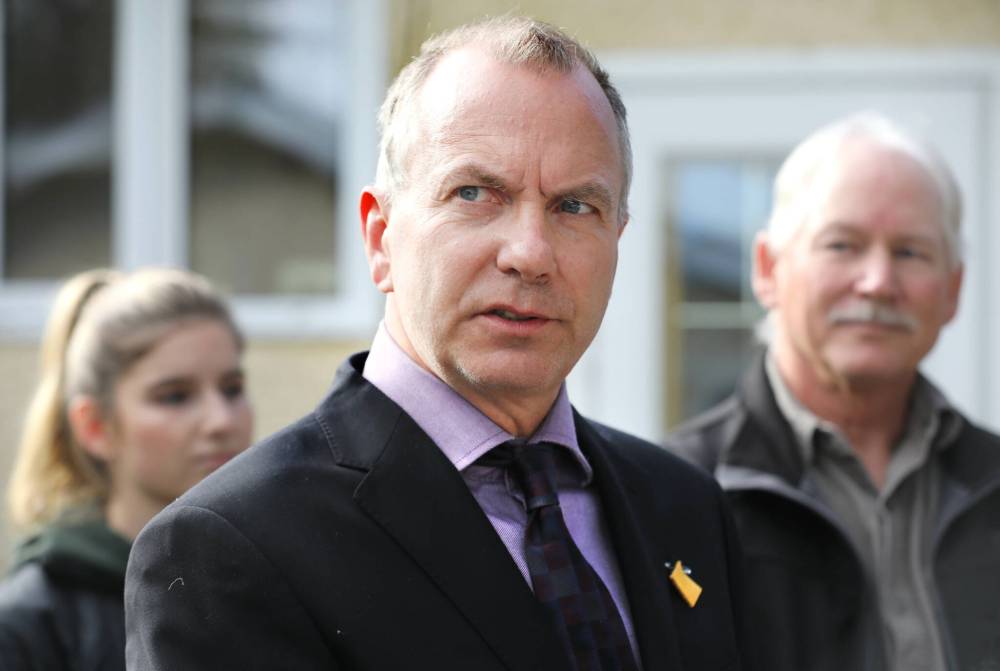
As mayor, “I’d love to partner with faith communities who are struggling with underutilized church buildings to see employment opportunities emerge for new Canadians, Indigenous and others left out of the labour market,” he said.
If that was the approach, “we can begin to see ‘problems’” like underutilized buildings as an asset, said Loney, a member of St. Mary’s Road United Church.
By supporting faith groups serving the vulnerable, there can be “important financial benefits to our overburdened emergency services,” he said, adding he will “make this a clear option for faith communities to partner with the city to work together to solve our most stubborn problems.”
Loney acknowledged that anti-Semitism and Islamophobia “are indeed growing problems.” As mayor, he wants to “be very active in helping Winnipeggers in embracing diversity of all kinds to see the potential in each other.”
Rick Shone
From growing up as a Presbyterian, and attending Mennonite Brethren Collegiate Institute, Shone knows “that faith groups play a huge role in the function of our society.”
FREE PRESS FILES Winnipeg mayoral candidate Rick Shone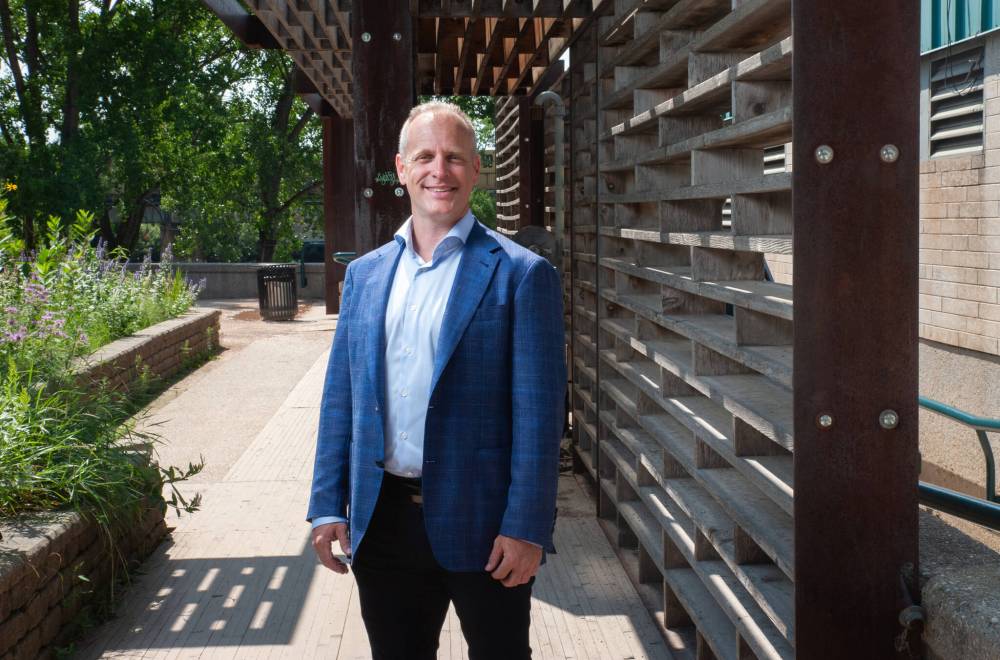
“The values of these communities have shaped and informed the person I am today,” he said, adding “many faith groups are so active in the wider community and all the efforts of these volunteers makes a difference.”
Shone would “love to see the city partner more with faith groups to address social issues,” believing “we could achieve so much more as a team when we work together to solve these challenges.”
When it comes to anti-Semitism and Islamophobia, “Winnipeg must be a city where all people feel safe and supported,” he said. “My vision is to live in a city with a heart, one that supports and accepts others. It starts with education and then creating opportunities from different ethnic backgrounds, faiths, etc. to be able to meet, mix and get to know one another.”
As for older church buildings, it’s a subject “I’ve thought of often as I’ve seen our aging members and Presbyterian churches,” he said.
“I do think the city can be much more expedient in granting permits and ensuring that certain things remain grandfathered so as to not trigger costly upgrades,” he said of how it could be easier for congregations to renovate old buildings.
He would also like to help congregations use the buildings more than just for services.
“They are indeed perfect buildings that can be used for community gatherings of all kinds, including City of Winnipeg leisure guide programs,” he said.
Glen Murray
“Many of the best social outreach programs in our city are run by faith-based organizations,” said Murray.
“It is integral that the city reduce and remove roadblocks that prevent these organizations from fulfilling their mission. Together we can work to achieve better outcomes for groups looking to make an impact,” he added.
FREE PRESS FILES Winnipeg mayoral candidate Glen Murray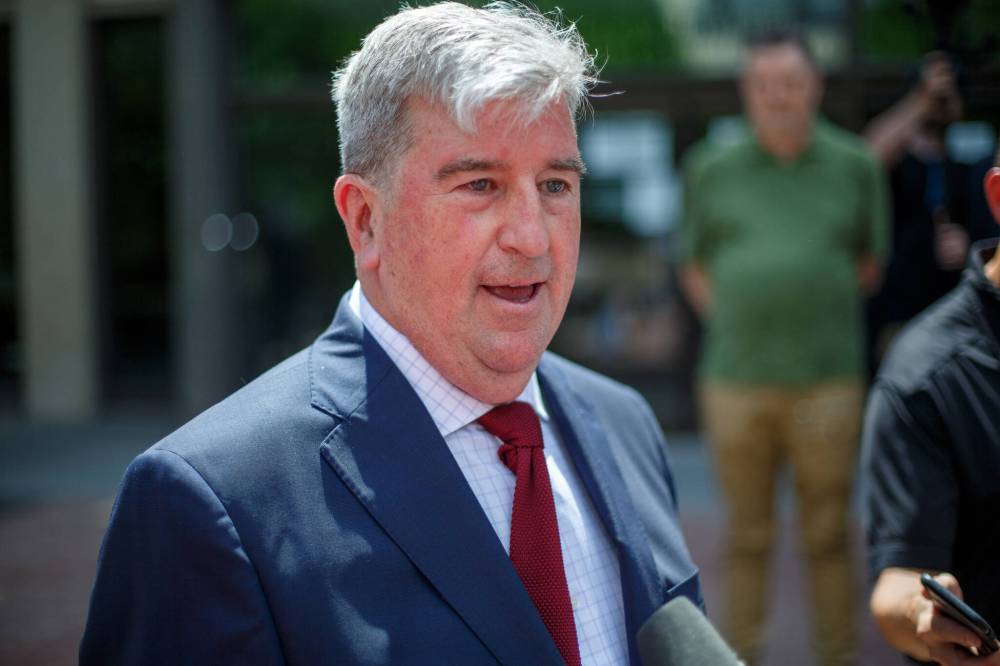
In regard to anti-Semitism and Islamophobia, Murray is empathetic.
“As a member of a community that has been historically marginalized and attacked, I personally understand the challenges prejudice and hate can cause,” he said. “It is important that the mayor always be on the front lines, combating all types of hate in our city. We must ensure Winnipeg is always a welcoming, accepting and open place for people of all faiths.”
For older buildings, he noted the city “cannot engage in a broad scale program to restore privately-owned buildings.” But, he said, “we can and must always play a role in ensuring that we have beautiful public spaces in good repair. I am open to hearing all ideas from community leaders for how the city can help.”
Christopher Clacio
FREE PRESS FILES Winnipeg mayoral candidate Chris Clacio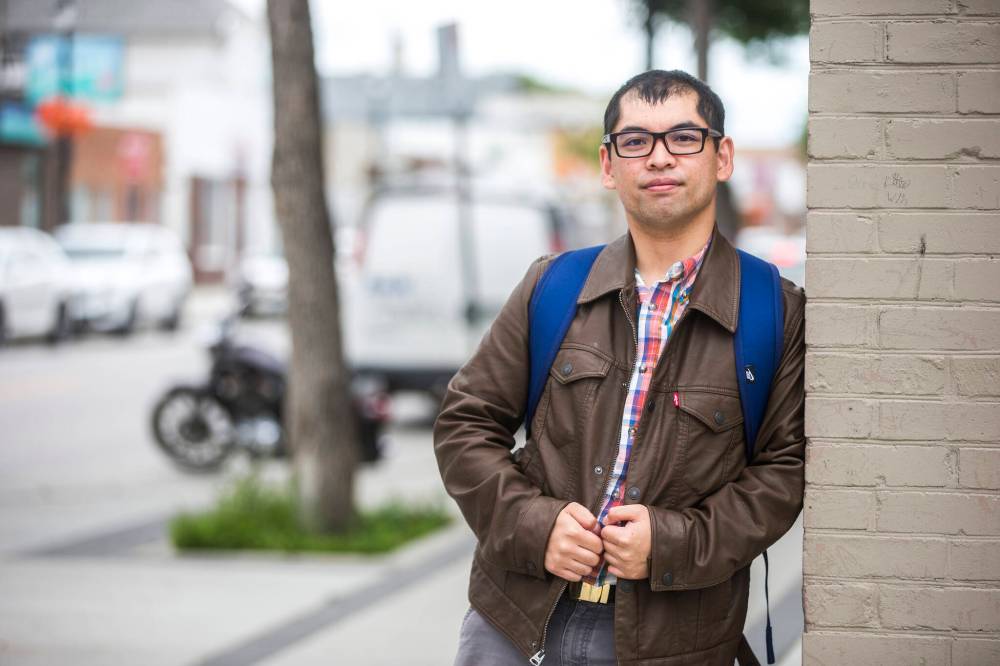
As mayor, Clacio would visit every faith group in Winnipeg “to discuss how the city of Winnipeg and the office of the mayor could do better engagement” when it comes to providing needed services to vulnerable people.
The city also needs faith groups to “be at the table and be involved in the solutions that the city could partner up to address topics of concern,” he said.
As mayor, Clacio would work with both the Jewish and Muslim communities “to address all forms of anti-Semitism and Islamophobia” and would look for ways for the city to help congregations maintain and utilize old buildings “so they can continue to serve all citizens.”
Scott Gillingham
As a former pastor for over 20 years, Gillingham has a “deep appreciation for the important contributions faith communities make to the health and strength of our city.”
FREE PRESS FILES Winnipeg mayoral candidate Scott Gillingham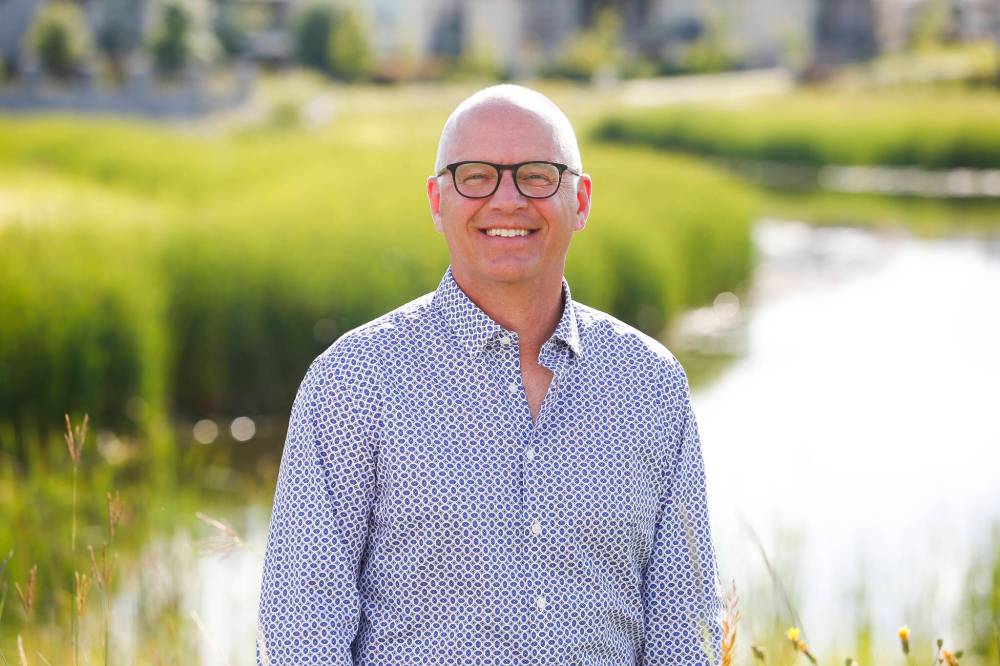
The congregations he led were always actively involved as partners with organizations like Manitoba Harvest and Siloam Mission, as well as helping refugees. “We were intentionally focused on building up our city,” he said.
Since “government is not the answer to every challenge facing the people of our city,” faith communities are needed since they “have been and remain on the front lines of meeting the social needs of Winnipeggers.”
Gillingham envisions a city “where all partners, including faith communities, are at the table, appreciated, empowered and working together in a co-ordinated manner to address Winnipeg’s shared social challenges and seize our opportunities.”
As mayor, he will “continue to denounce anti-Semitism, Islamophobia and will work to foster a city that is growing in mutual acceptance, understanding and appreciation,” he said, adding he will “actively engage all faith and cultural communities to listen and understand what they are experiencing.”
Gillingham said he can “appreciate that some congregations with older buildings can get to the frustrating stage where they feel they are spending their time and money serving the building instead of the people of the community.”
Citing the example of St. Matthew’s Anglican Church, which turned its sanctuary into apartments, Gillingham will be supportive of efforts to rezone older church buildings “so that appropriate adaptive reuse may be accommodated.”
Beyond the work they do of addressing social needs, “faith communities strengthen the fabric of our city by promoting values of love for others, generosity, honesty, service, mutual respect and hope,” he said. “Lived out, these values strengthen individuals and build families.”
Kevin Klein
“There is a culture at city hall that fears the repercussions of allowing religious groups to participate and receive funding for social issues in Winnipeg,” said Klein, adding “I find this disappointing given how much help religious organizations give to the vulnerable.”
FREE PRESS FILES Winnipeg mayoral candidate Kevin Klein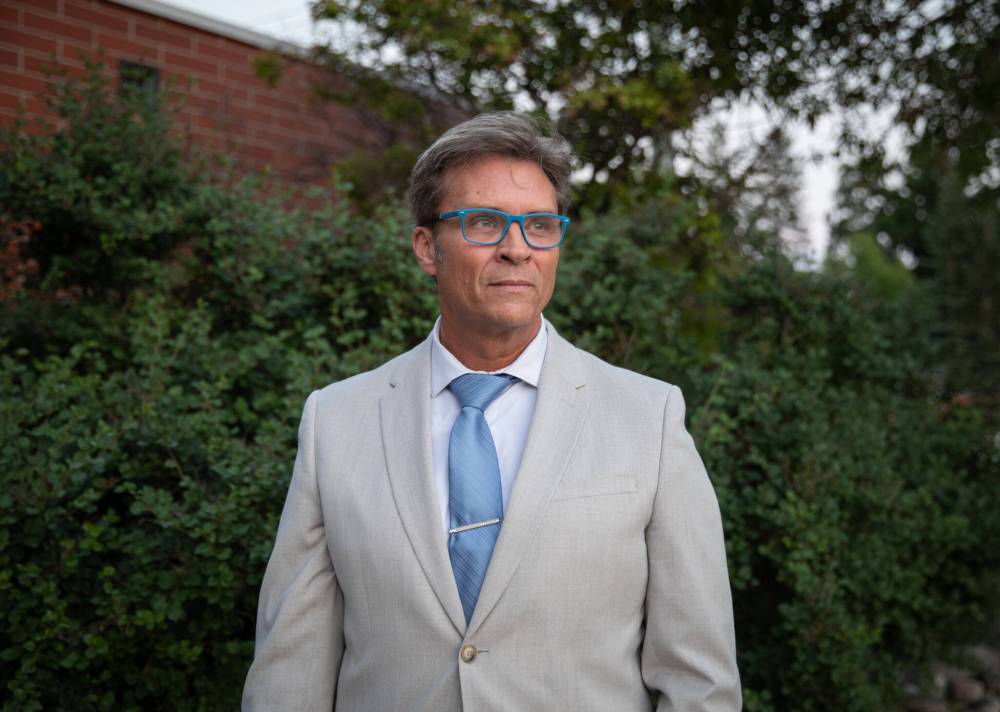
Every organization that provides those kinds of services “should have a seat at the table,” he said, adding if elected as mayor he will “open the opportunity for funding to any non-profit organization who is willing to help and will require more accountability from those already receiving funding to ensure that funding is being used wisely and prudently.”
As someone who has “many personal connections within both the Jewish and Muslim communities,” Klein said he believes these connections “will enable me to be aware of issues quickly and I would rely on their input to treat them with the cultural sensitivity that they deserve and provide them with the assurance that their safety is crucial.”
While church buildings are private property and do not fall under the purveyance of the city, Klein believes “we can still help make upkeep and renovations easier by making them less costly.”
That would include reducing the cost of permits for non-profits and working with council to “help them understand the importance of preserving these aging buildings within the communities that they serve.”
Rana Bokhari
“Recognizing the challenges that marginalized, racialized and vulnerable people in our city face is one the most important issues in this campaign,” said Bokhari, adding she believes addiction and mental health issues “require all groups — community, faith and others — to partner together to do better.”
FREE PRESS FILES Winnipeg mayoral candidate Rana Bokhari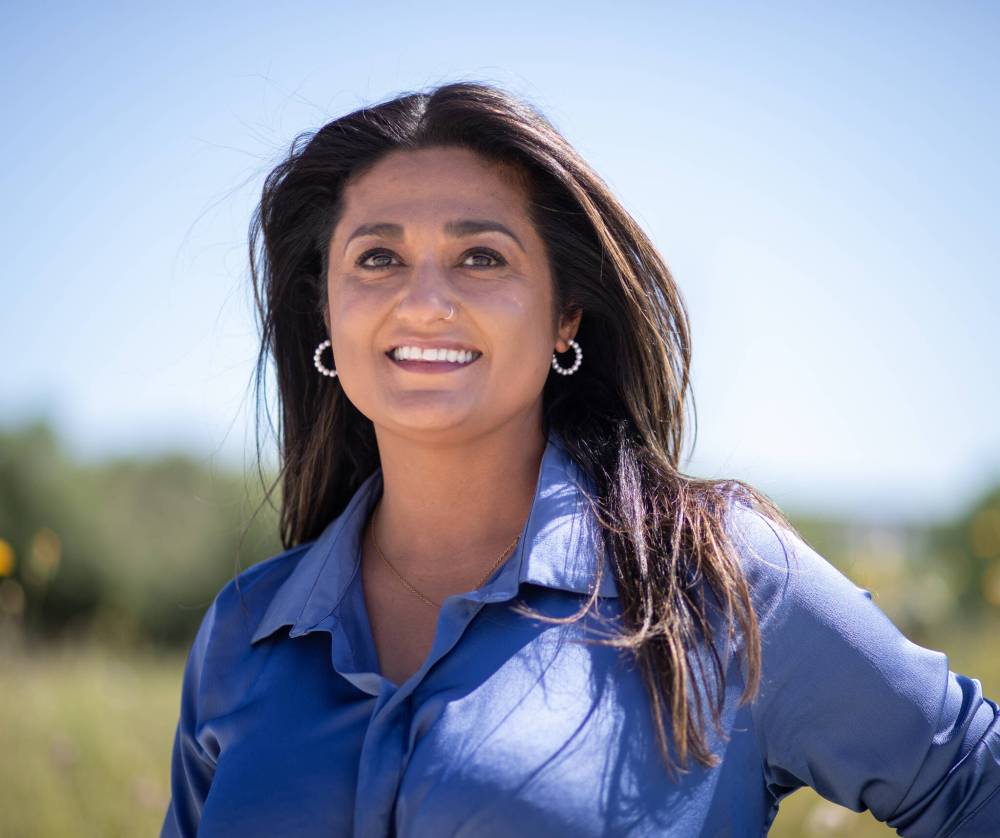
When it comes to racism against Jews and Muslims, “I understand the challenges both communities face,” she said, adding “I have lived experience dealing with Islamophobia. The city has a role to play in creating safe communities, safe places of worship and safety on the streets free from any violence rooted in anti-Semitism and Islamophobia.”
For her, this starts with education, “lifting the voices of those communities and ensuring that we come together to celebrate our achievements and also our hardships shoulder to shoulder.”
Bokhari acknowledged some “very important old church buildings continue to serve invaluable services to all community members.”
One of the main pillars of her campaign “is community. We would work together to ensure we are supporting the community who rely on these spaces by working with various Christian denominations that are continuing the great work despite all odds.”
Jenny Motkaluk
For Motkaluk, religion and faith “is a personal matter. The government doesn’t and should never tell congregants what to believe. At the same time, the good works that faith groups do is a reflection of their moral beliefs and support broader social goals. Where those efforts provide a benefit to the community as a whole, the city should be a good partner.”
FREE PRESS FILES Winnipeg mayoral candidate Jenny Motkaluk
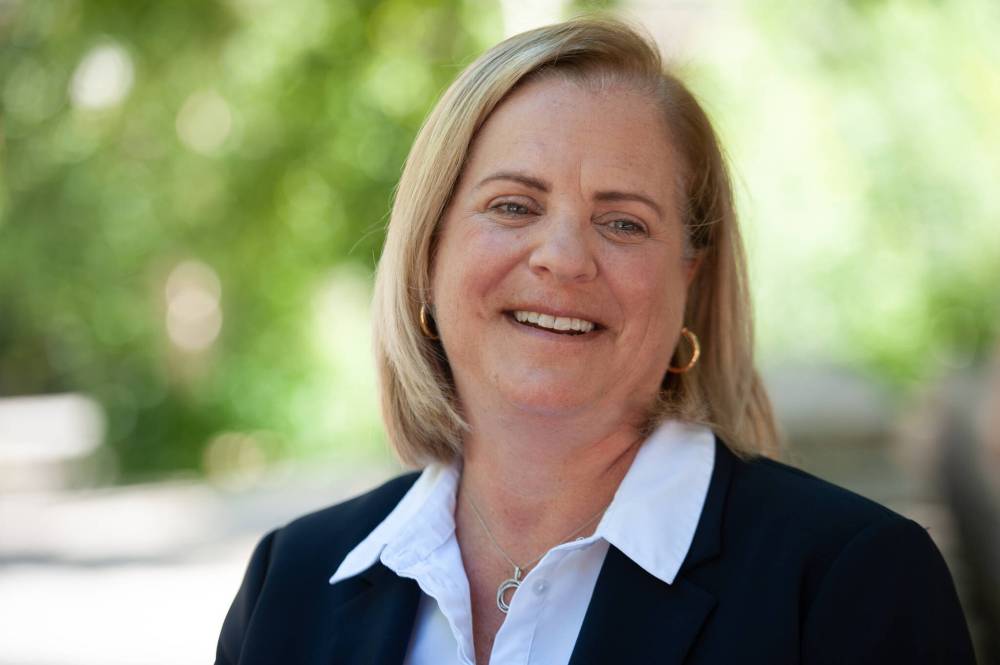
Regarding anti-Semitism and Islamophobia, she said “People who want to inject the violent politics of other countries halfway around the world into Winnipeg must know that there will be zero tolerance for anything other than reasoned debate. I believe Israel has a right to exist. When Jews, Muslims or any other Winnipeggers are harassed and attacked in our city, I will speak out against it and take action. I reject woke culture, BDS (the boycott, divestment and sanctions movement), and equity policies because they are often used as a disguise for anti-Semitism and other forms of discrimination.”
As for aging church buildings, she said “churches are a big part of the urban mosaic and many congregations are facing the same challenges of dwindling and aging membership which reduces their ability to maintain their churches.”
Sadly, she said, the City has often “acted more as a barrier to success” for groups trying to convert their buildings into spaces that serve the community through things like delays in the permit office.
“As mayor, I will create high-performance departments so that city hall starts working with us rather than against us.”
faith@freepress.mb.ca
The Free Press is committed to covering faith in Manitoba. If you appreciate that coverage, help us do more! Your contribution of $10, $25 or more will allow us to deepen our reporting about faith in the province. Thanks! BECOME A FAITH JOURNALISM SUPPORTER

John Longhurst has been writing for Winnipeg's faith pages since 2003. He also writes for Religion News Service in the U.S., and blogs about the media, marketing and communications at Making the News.
Our newsroom depends on a growing audience of readers to power our journalism. If you are not a paid reader, please consider becoming a subscriber.
Our newsroom depends on its audience of readers to power our journalism. Thank you for your support.
History
Updated on Wednesday, October 12, 2022 10:42 AM CDT: Corrects photo of Rick Shone
The Free Press acknowledges the financial support it receives from members of the city’s faith community, which makes our coverage of religion possible.



